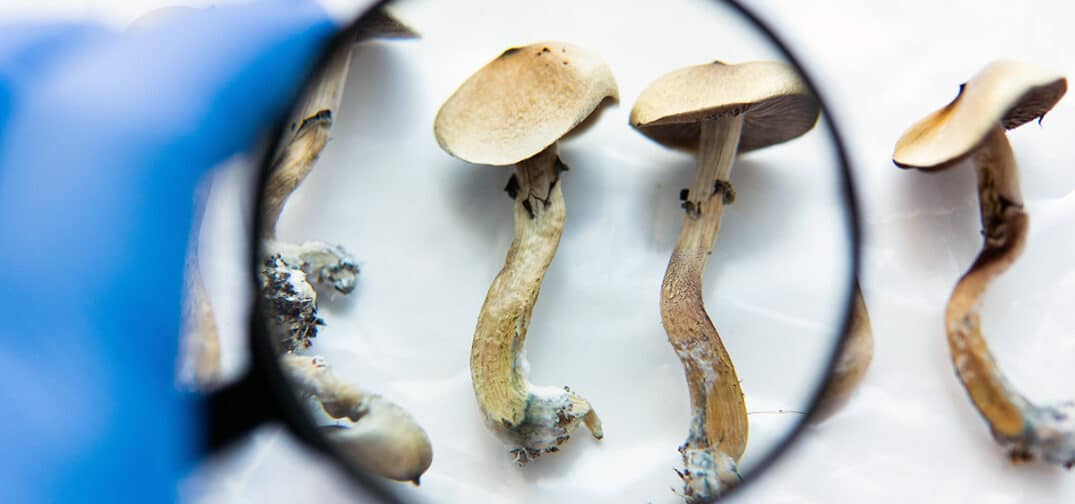The U.S. Food and Drug Administration (FDA) on Monday released its Draft Guidance for research of psychedelic drugs. The guidance covers psilocybin, LSD, and substances such as MDMA.
The guidance mirrors the good practices required by other drug and therapeutic companies, including compliance with the federal Food, Drug, and Cosmetics Act and that non-clinical investigations should follow 2010’s Nonclinical Safety Studies for the Conduct of Human Clinical Trials and Marketing Authorization for Pharmaceuticals. The guidance also details which psychedelic drugs would be considered botanical and nonbotanical.
“In recent years, interest in the therapeutic potential of psychedelic drugs has been increasing. Psychedelic drug development programs are subject to the same regulations and same evidentiary standards for approval as other drug development programs. However, designing clinical studies to evaluate the safety and effectiveness of these compounds presents a number of unique challenges. Psychedelic drugs can cause intense perceptual disturbances and alterations in consciousness that can last for several hours. Some drug development programs incorporate a psychological or behavioral intervention. Investigators hypothesize that psychedelic drugs have both rapid-onset and long-term benefits after only one or a few doses. These and other unusual characteristics should be considered when designing clinical studies so that the results of those studies can be interpretable.” — FDA, “Psychedelic Drugs: Considerations for Clinical Investigations Guidance for Industry,” June 2023
The FDA notes that most of the medical conditions being studied to date in psychedelic research programs are chronic. The proposed regulations lay out the processes for psychedelic therapy, which is legal in Oregon.
The agency says that were it to approve a drug that currently falls under Schedule I status of the Controlled Substances Act, “the abuse potential assessment would assist in determining an appropriate rescheduling action” under the CSA.
The FDA is accepting public comments on the proposed rules until August 28.
Get daily cannabis business news updates. Subscribe
End
